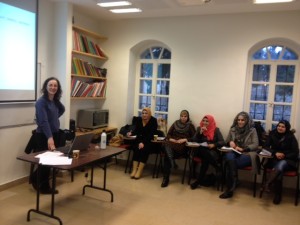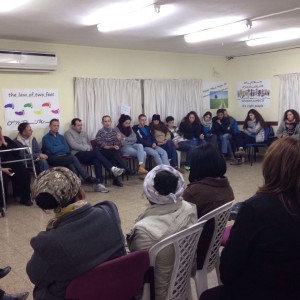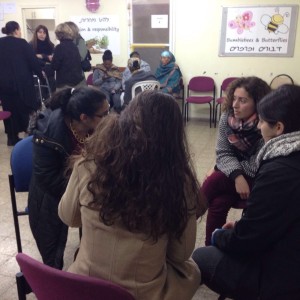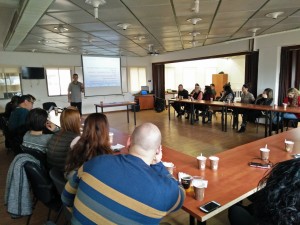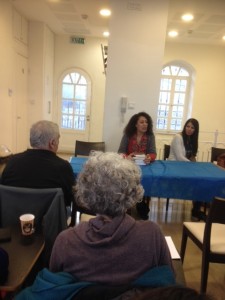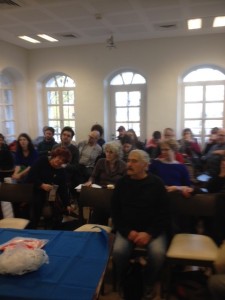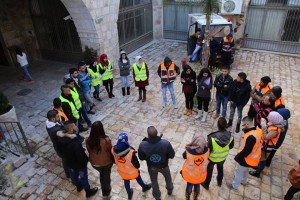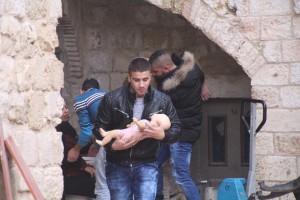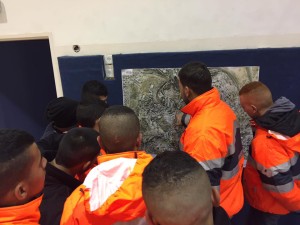Qualifying Paramedical Professionals, Improving Health Care in East Jerusalem
Slowly but surely, we’re helping to improve health care, accessibility to health care, and paramedical professionals’ workers rights in East Jerusalem.
Yesterday we began a second course to train physical therapists to pass the Israeli Ministry of Health certification examination, which will take place in May 2016. This is part of our larger program to train recent graduates of paramedical professions to pass the Israeli Ministry of Health certification exams that we’ve been developing since 2012. Since the program began, we’ve helped some 70 nurses, occupational therapists, and physical therapists to pass their Israeli certification exams, when it would otherwise have taken many years to achieve these results.
This success has brought brought additional development – in light of the success in the first three fields. we were asked to develop courses for medical lab technicians and speech therapists. We’re in the process of doing so, and will be sure to provide updates here.
We have 20 physical therapists in the current course. Last time we were very successful – 6 passed, on a test that is considered very difficult even in the original Hebrew. We wish them success, Bi-najah, Be-hatzlaha!
Many thanks to the Jerusalem Foundation and the Hadassah Foundation for their support of this program.

